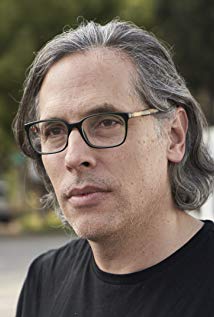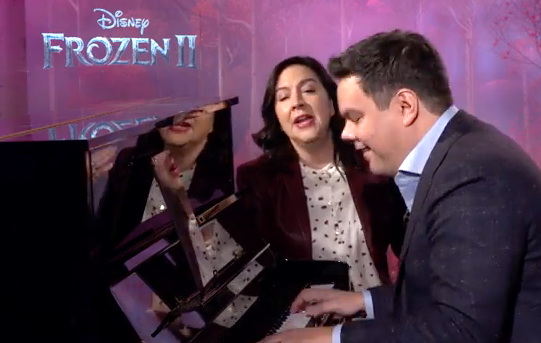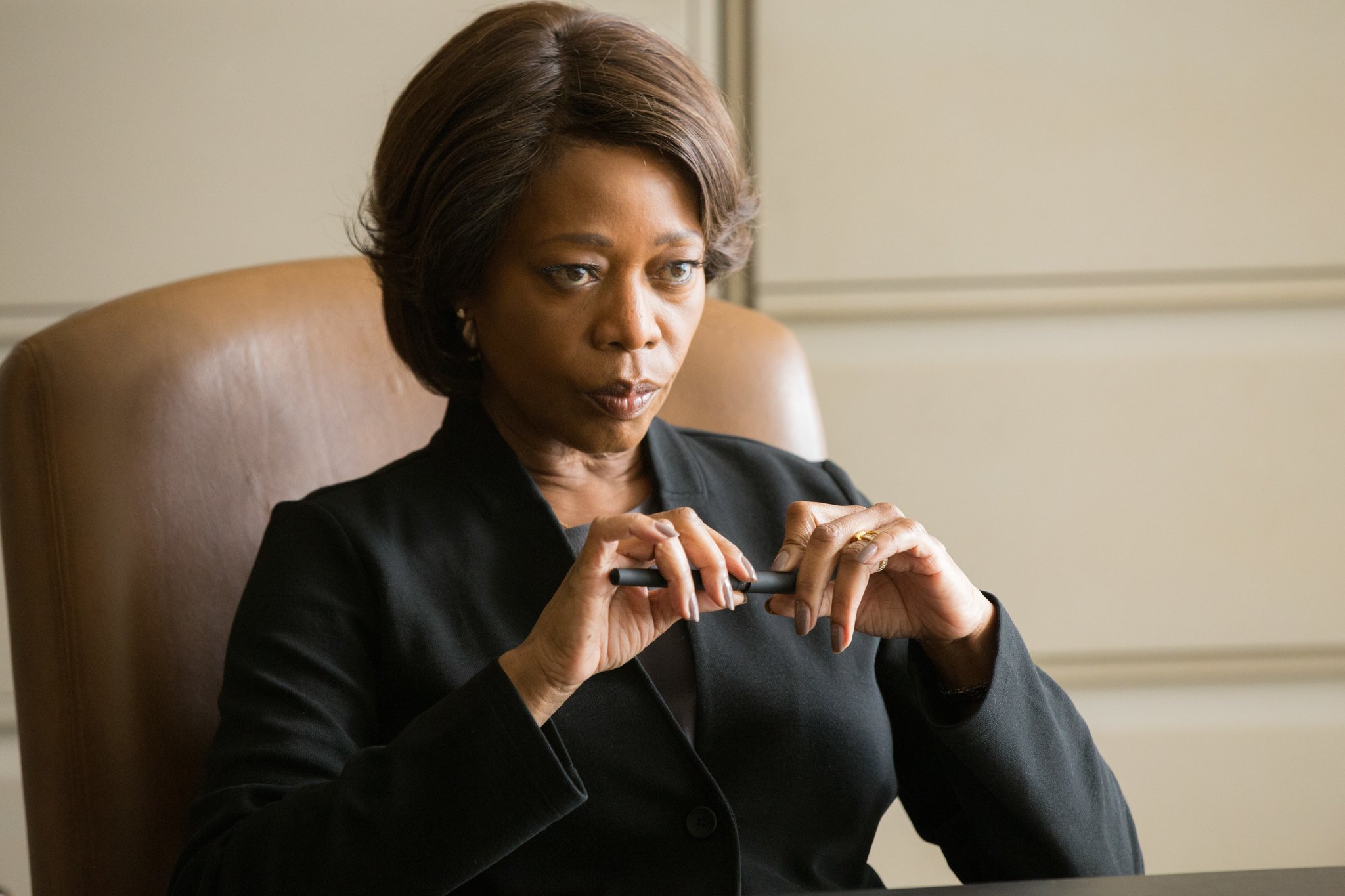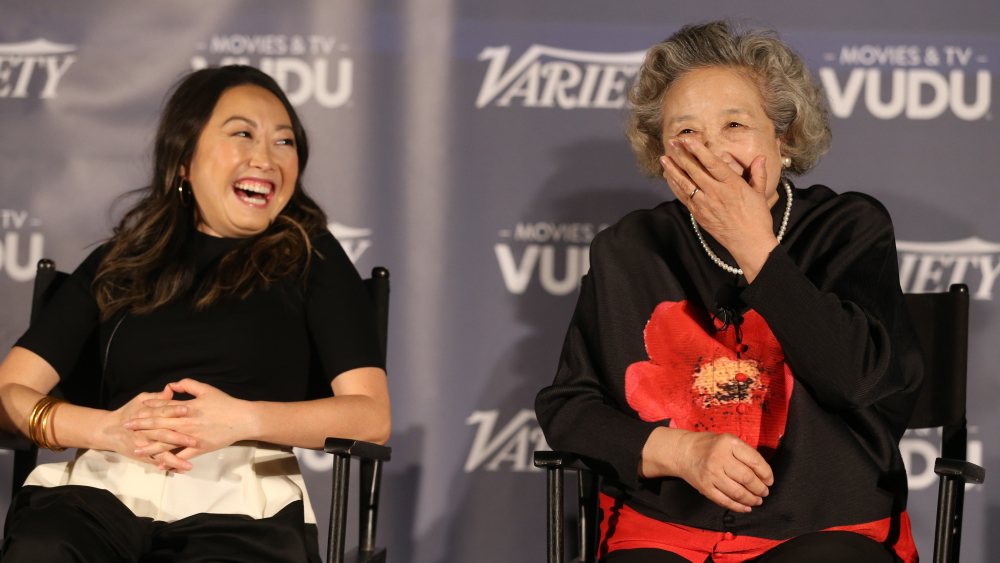Interview: Joker's Costume Designer Mark Bridges
 Tuesday, February 4, 2020 at 9:31PM
Tuesday, February 4, 2020 at 9:31PM by Nathaniel R
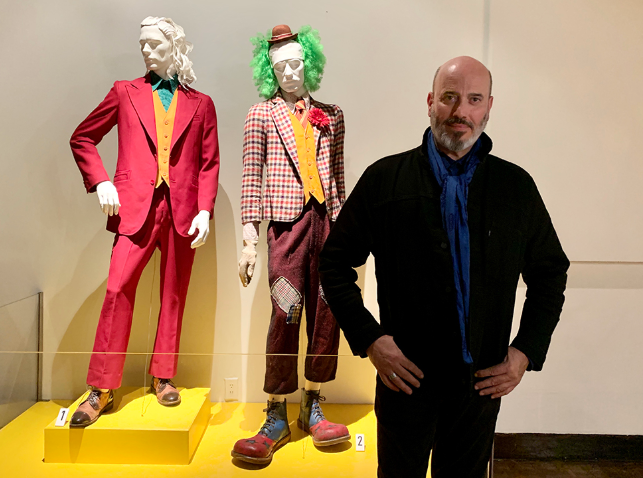 Mark Bridges with Joker costumes
Mark Bridges with Joker costumes
Mark Bridges film career began, as so many have, rather inauspicously. His debut was a now forgotten horror film called Waxwork II: Lost in Time (1992) but there's no keeping talent like his down... though it never hurts to attach yourself straight away to a future god-level auteur like Paul Thomas Anderson. Bridges was on board for Anderson's feature debut Hard Eight (1996) and the celebrated auteur wisely never let go of him thereafter. Inbetween Anderson films (and on them in point of fact) Bridges established himself as a world class costume designer of tremendous versatility, with a gift for not just memorable clothing but character-building.
His latest film, Joker, became his most widely viewed work and then an Academy favourite. We had a chance to talk to the two-time Oscar winner (Phantom Thread, The Artist) this past week about his design process, his favourites from his own filmography, and why he loves his job so much...



